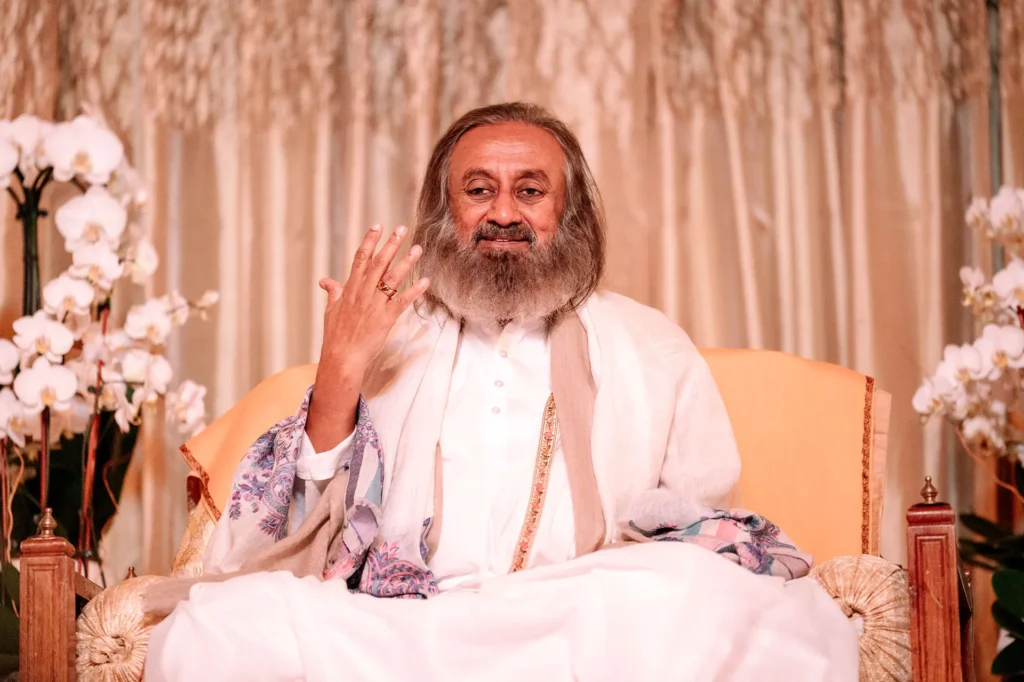The Struggle Behind the Vote
India is home to one of the largest populations of internal migrants in the world. According to the 2011 Census, more than 450 million Indians are migrant workers – people who move within the country for better job opportunities. Many of them work in factories, construction sites, shops, farms, and homes, often far away from their native villages.
For these workers, voting in elections is not as easy as it is for others. Most of them are registered to vote in their home states, not in the places where they work. So every time there’s an election in their home state, they must travel long distances, take leave from work, spend money on tickets, and lose income for the days they are away. And since elections in India are held at different times across different states, this cycle repeats again and again.
The Cost of Frequent Elections
Frequent elections across different states don’t just make voting harder for migrant workers – they also affect the economy and daily operations in a much deeper way. With polls taking place throughout the year, many workers are repeatedly pulled away from their jobs, disrupting workplace routines and productivity. Industries that rely on large numbers of migrant labourers, such as manufacturing, construction, and services, often face labour shortages when workers leave to vote.
This disruption isn’t just about individual income loss – it extends to the overall functioning of businesses and public services. Repeated polling cycles create a stop-start pattern that affects both economic momentum and planning across sectors.In the long run, this fragmented election schedule leads to a scattered workforce, missed workdays, and uncertainty for both workers and employers – challenges that could be avoided with a more unified electoral calendar.
Why One Nation, One Election Helps
Holding all elections together once every five years, as proposed under One Nation, One Election, would significantly ease the voting process for migrant workers. Instead of facing repeated disruptions due to multiple polling schedules, they would only need to plan one trip home within that period. This would reduce the overall burden on their finances and time, while helping them stay consistently engaged in work without frequent absences.
Industries and services that rely heavily on migrant labour would also benefit from fewer interruptions in productivity. With a single, predictable election cycle, businesses could avoid the repeated workforce gaps that currently occur when workers leave for voting. The High-Level Committee report has acknowledged this challenge and highlighted simultaneous elections as a practical reform that can reduce the pressure on both workers and employers. Most importantly, it creates a fairer system where participation in democracy doesn’t come at the cost of livelihood.
Conclusion
Migrant workers are the backbone of India’s economy, and their right to vote should not come at the cost of their daily survival. One Nation, One Election is a reform that recognises their struggles and offers a simple, effective solution. By reducing the number of times they have to leave work and travel, this system can protect their income, respect their time, and strengthen their voice in the democratic process.



